UNDER NEW MANAGEMENT
Over the past 30 years, Fusarium established itself in many cereal production areas of the province. Its spread across countless fields led to the decision to remove it from the Pest and Nuisance Control Regulation.
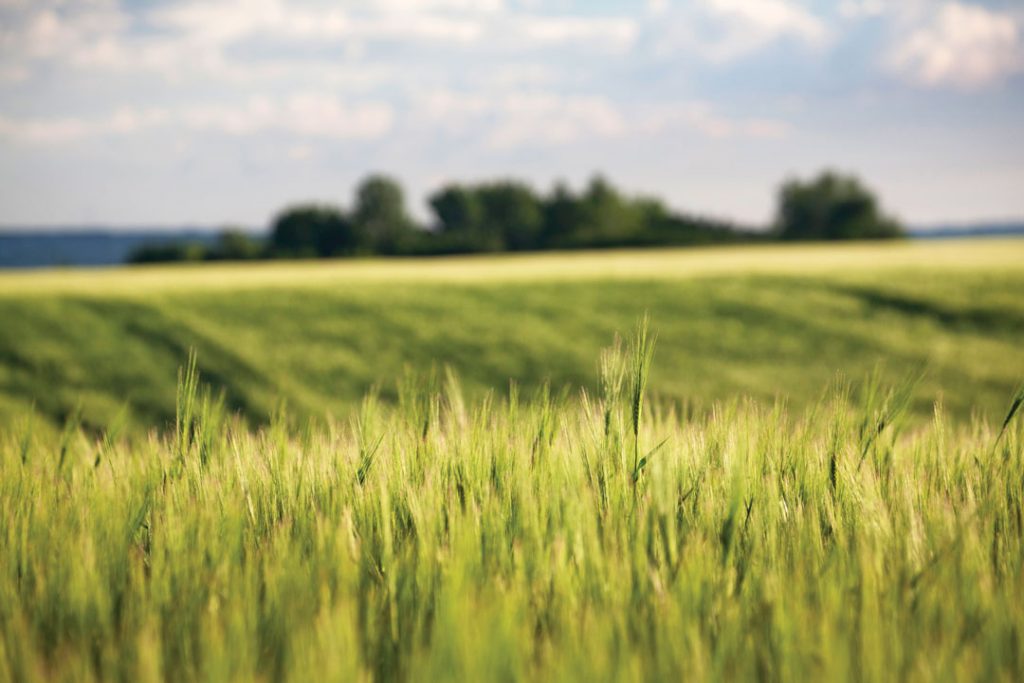
Over the past 30 years, Fusarium established itself in many cereal production areas of the province. Its spread across countless fields led to the decision to remove it from the Pest and Nuisance Control Regulation.
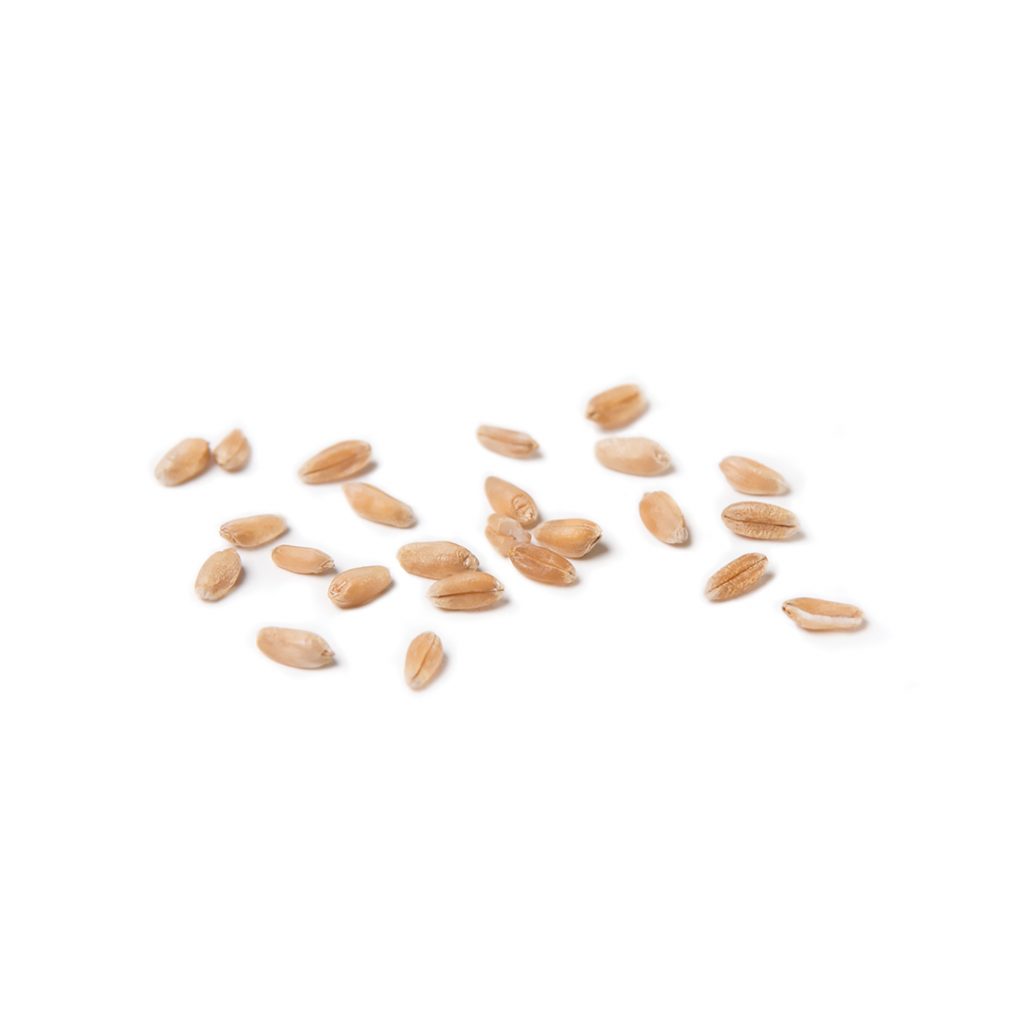
Export markets prefer CPSR because it is affordable, high-quality wheat with good protein strength and extensibility. Farmers like it because it yields well and is especially reliable in making grade.
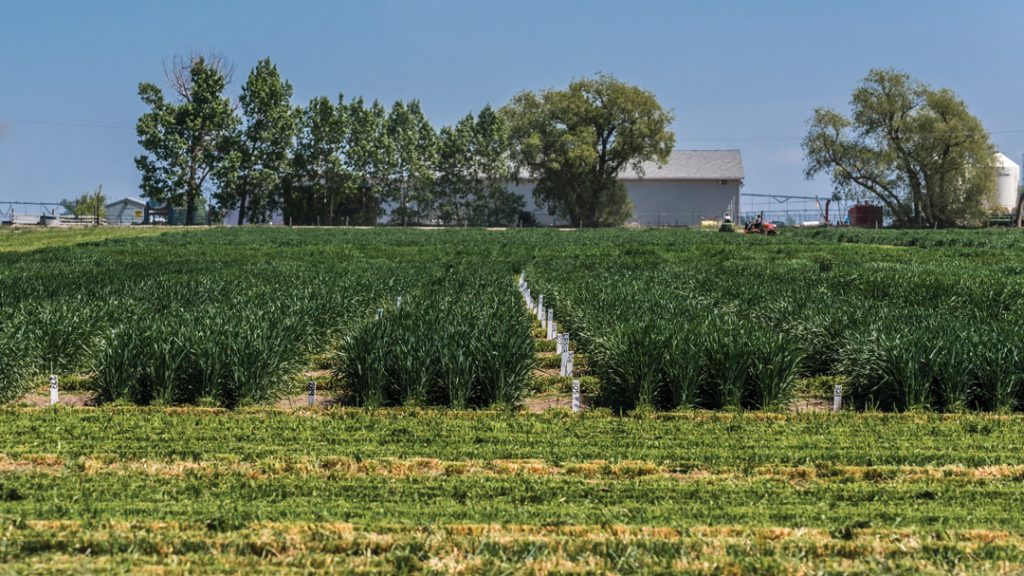
The government created RDAR to implement the new approach to agricultural research and appointed a nine-member interim board to launch the non-profit company.
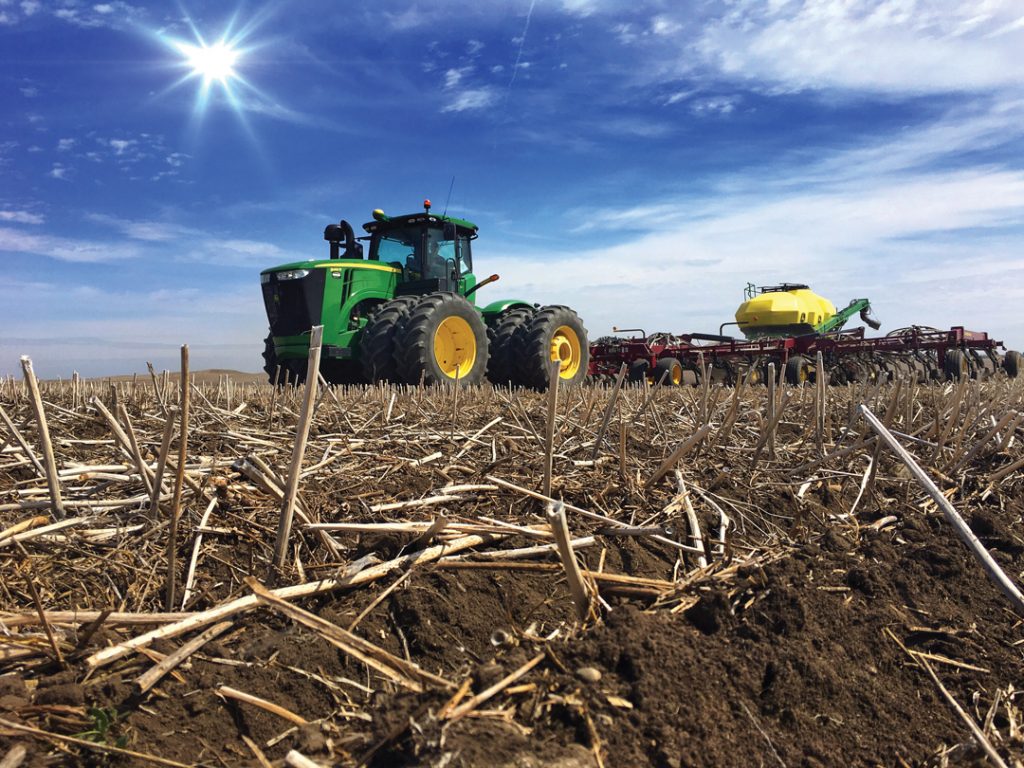
Heavy crop residue, or trash, in combination with excess moisture has implications for direct seeding and conservation farming practices. In certain parts of Alberta, excessive crop residue is a complicating agronomic factor and it has become a topic of discussion among farmers.
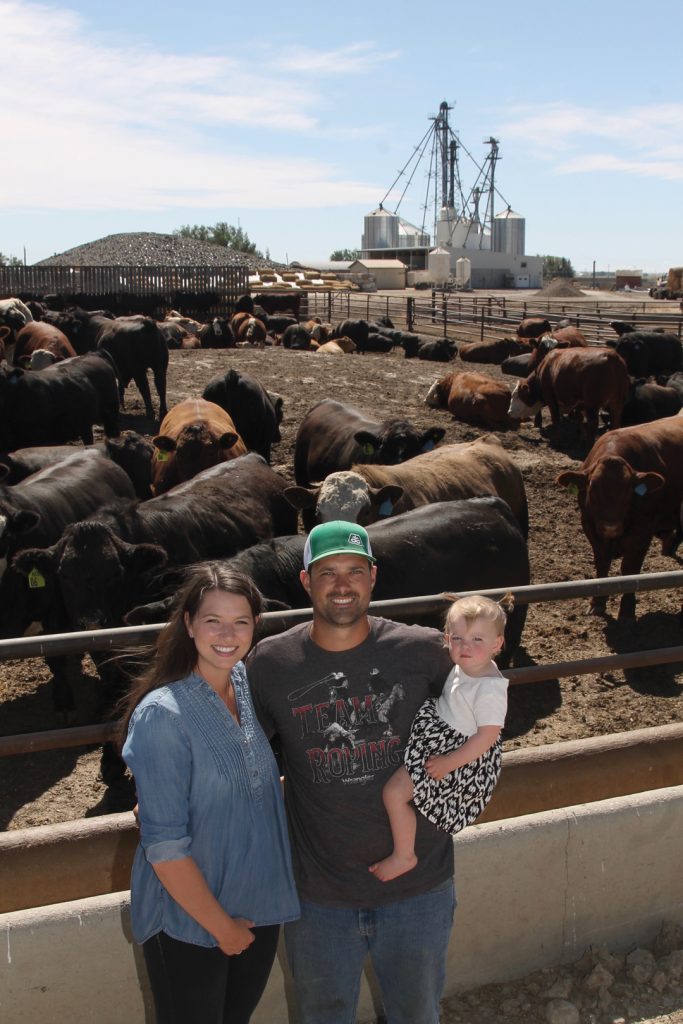
Canadian agriculture has faced COVID-19 issues within every industry subset. Challenges in southern Alberta’s Feedlot Alley, the province’s central hub for feeder cattle, have piled up since early 2019 and the global pandemic was just the latest hit in a whirlwind stretch.

While comic book superheroes use X-ray vision to fight crime, a research facility in Saskatoon, SK, is taking sub-surface sleuthing to a whole new level, shining light on new possibilities for agricultural research.

Over seven-plus decades, Alberta farmer Charles Sherwood Noble developed and promoted new farming practices and technical innovations. Of these, the Noble blade cultivator was used around the world as a low soil disturbance weed control tool. For his work, he was named a Member of the Order of the British Empire in 1943.

Pushing the technological envelope, the streamlined tractor cabs of today increasingly resemble the cockpits of Hollywood science fiction space ships. Luxuriously ergonomic and digitally decked out, they are often described by big manufacturers as control centres. The term suggests once you’ve eased into the seat of a cab, the universe is yours to conquer. GrainsWest talked with three manufacturers about how technological change is reshaping tractor cab features and controls.

In Canada’s short growing season, having the ability to make quick decisions based on accurate information is a plus. In recent years, revolutionary new sensor technology has come to market. Its aim is to aid grain farmers in making decisions that improve crop production and quality. These new technologies allow farmers to assess soil quality and fertility in real time and evaluate the results of their fertility plans. This writer attended Agritechnica 2019 in Hannover, Germany, and discovered three such systems that may have applications in Western Canada.

Until recently, the concept of a digitally connected farm seemed far off. In fact, it is the emerging reality for modern farming. From sensors that offer constant soil analysis, to software programs that provide real-time crop data for tractor cabs, the technology is at a farmers doorstep, bringing with it a host of opportunities and challenges.